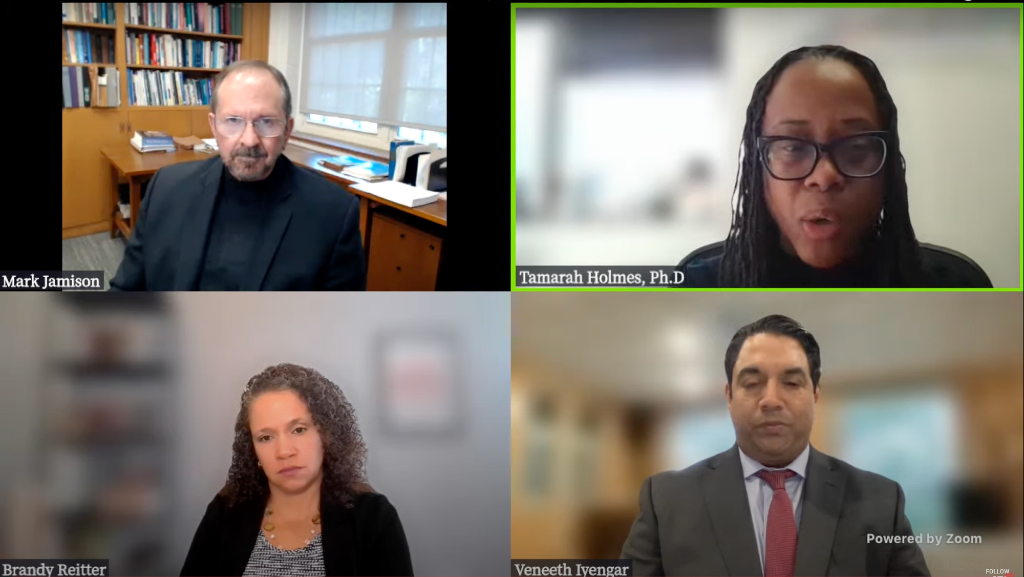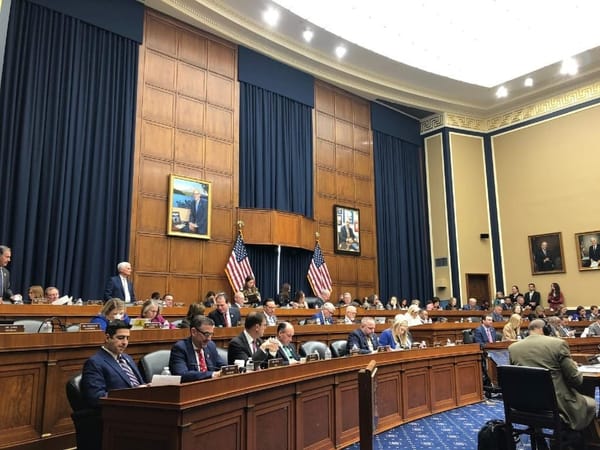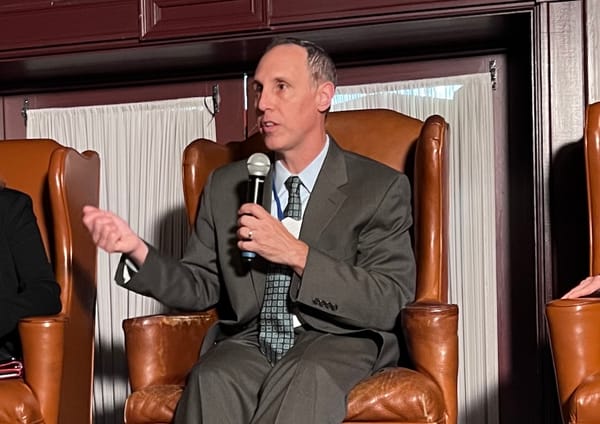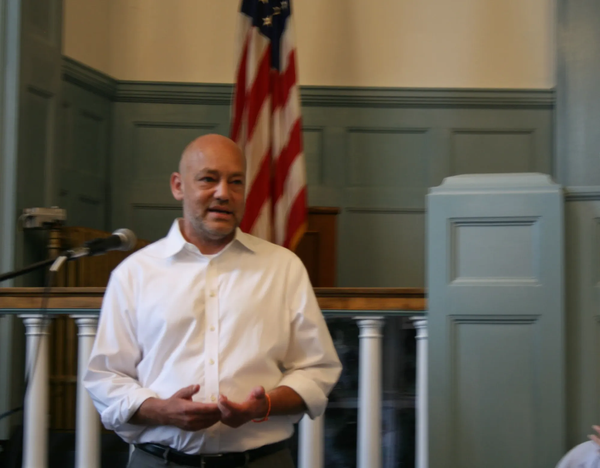Don't Hit Pause Button on BEAD, Say State Broadband Officers
States are beginning to get spending plans together for the $42.5 billion broadband expansion effort.

States are beginning to get spending plans together for the $42.5 billion broadband expansion effort.

WASHINGTON, Jan. 9, 2024 – The incoming Trump administration should not pause the government’s $42.5 billion effort to end the digital divide, a state broadband head said Thursday.
“I’m hoping that we don’t hit pause. If there are changes, you can make these changes as we go. I feel like the NTIA has done that the entire time, so that’s not a new thing for us. We can pivot,” said Brandy Reitter, head of Colorado’s broadband office. “We’ve been waiting so long to get to this point, I’d hate to see us hit pause on anything because we’re almost there.”
She spoke at an America Enterprise Institute webinar on the Broadband Equity, Access, and Deployment program, along with Dr. Tamarah Holmes and Veneeth Iyenger, the state broadband officers from Virginia and Louisiana, respectively.

What constitutes an 'invidious' DEI policy in regulators' eyes?

Democrats warn the law will fall flat without a functional FTC to enforce it.

Providers had asked for several changes, including to how the agency determined the presence of unsubsidized competitors.

Supporters argue the bill would preserve agency expertise in complex rulemaking